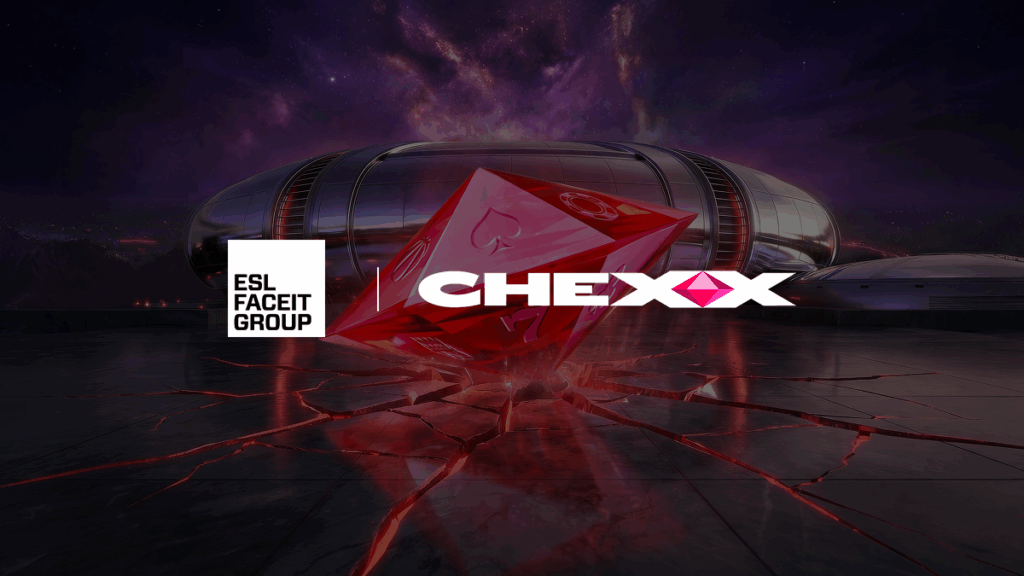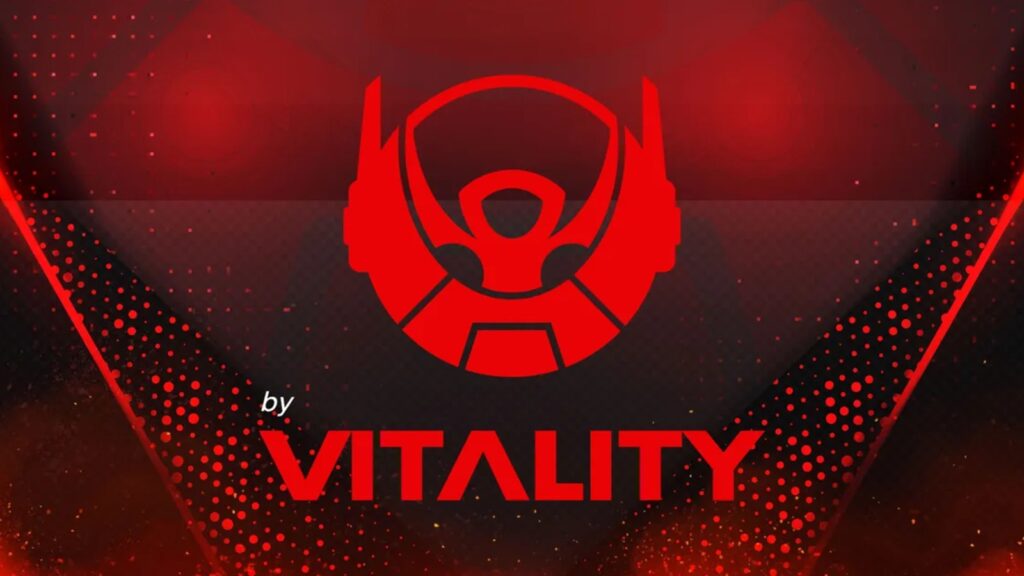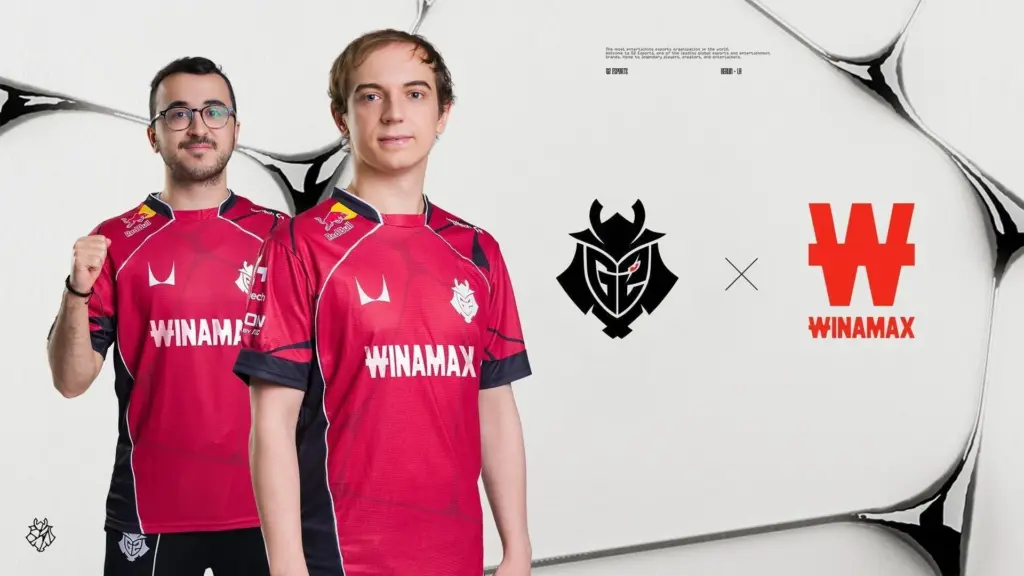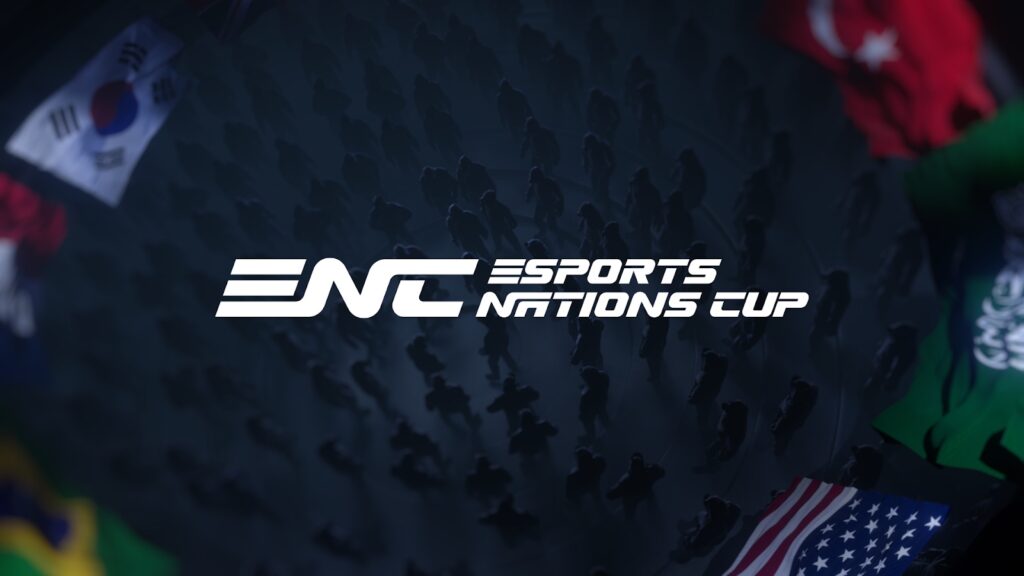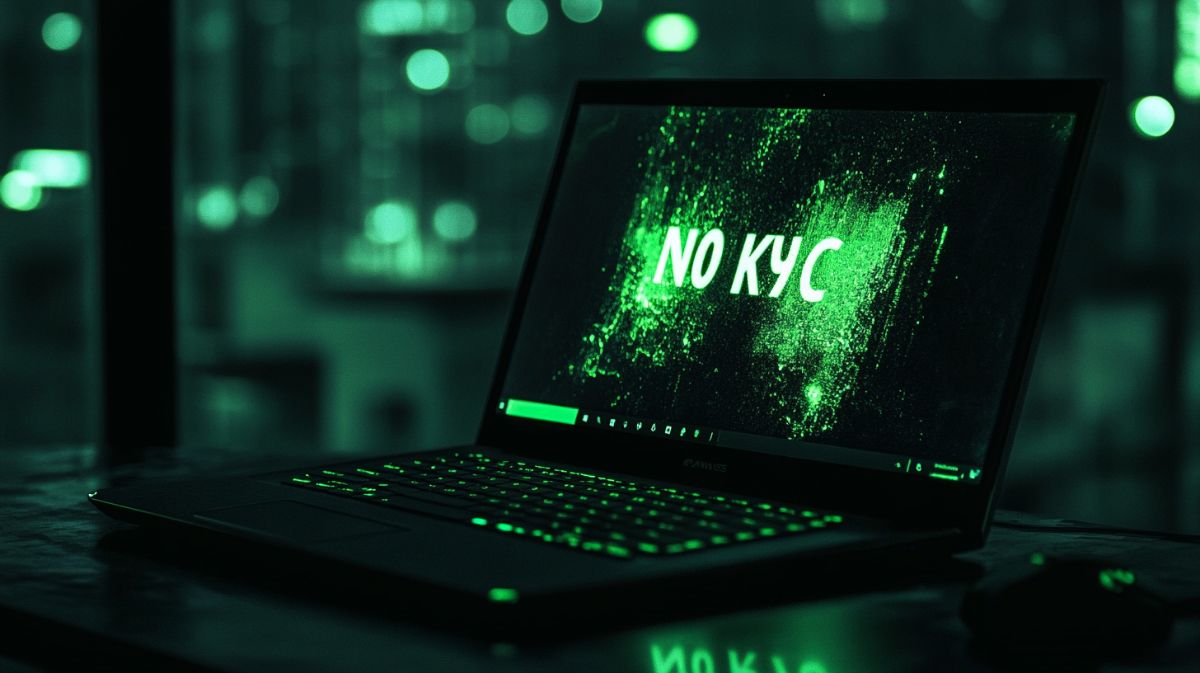Can esports benefit from blockchain technology?
Although esports has taken its competitive format from the traditional sporting world with leagues and tournaments, it seems as though the activity is leading the way in which technologies can be used to supercharge the experience.
Nowhere is this more visible than through the introduction of blockchain technologies that offer a new and decentralised way of allowing participants and spectators to enjoy competitive gaming. Just this week the Canadian company Ubique Networks teamed up with Sri Lanka Telecom to create a new competitive gaming platform that is based upon blockchain technology. So what does this offer gamers and what does it mean for the future of esports?
A decentralised way of organising esports
The new esports platform from Sri Lanka Telecom offers a fascinating glimpse into how esports could be carried out in the coming years. The platform promises to deliver a decentralised service that allows gamers to experience gameplay on servers that have been specially optimised in order to facilitate latency-free gameplay.
“SLT started one step to a long Journey “
Signing ceremony of eSports platform Launch with #UbiqueNetworks Inc.
#SLTeSports #Network #Fiber #egaming #SLTBroadband pic.twitter.com/xc6tijPi7u— Sri Lanka Telecom (@SriLankaTelecom) November 15, 2018
Already over 25,000 gaming fans from around the world have tried playing esports via the Swarmio platform and its use of 5G mobile technologies means that it’s never been easier to host and play esports in real-time regardless of the user location.
How does blockchain technology improve the esports experience?
The Swarmio platform is able to use artificial intelligence tech and networking solutions to give gamers the data they need in real-time. This has been achieved through a special Q Node service that gives gamers the chance turn their standard PC into reserve data centres. So if you had a computer that had excess resources that weren’t in use, you could hire it out to act as an esports server.
This adds an extra level of flexibility to hosting esports tournaments that are frequently at the mercy of limited bandwidth. Latency issues have long been the bane of the competitive gaming world, but thanks to the introduction of this revolutionary blockchain technology, it has the potential to kickstart many aspiring esports tournaments.
Where could esports go from here?
Obviously, this is just early days for the fledgling technology. But already it is showing a huge amount of potential in providing in-demand data that can significantly boost the user experience whether it’s esports or any other computer based activity.
As the gaming world features evermore immersive graphics and complex gameplay between a vast number of competitors, then it’s clear that the handling of data is going to be evermore critical. By decentralising the flow of data from single channels towards a near infinite number of computers across the globe, we can hope that latency issues in the competitive gaming realm could soon become a thing of the past.
Whilst these issues aren’t such a problem for the already established major esports tournaments, for those niche competitive gaming competitions, the introduction of blockchain tech could prove pivotal. So that whether it’s a small first-person shooter contest, or a massive battle arena showdown, then data speeds should soon no longer be an issue.



